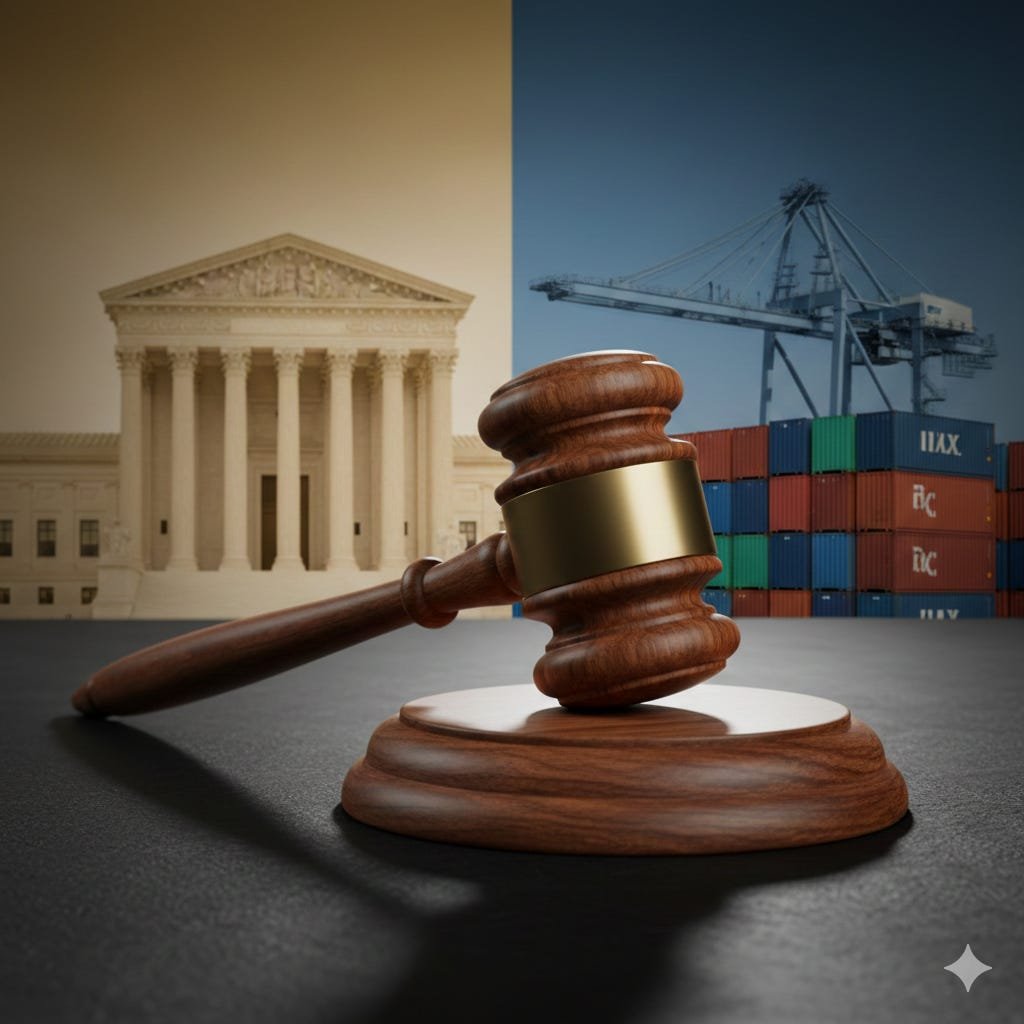
The Court applies the same “Major Questions” logic to Trump’s tariffs that it previously used to dismantle Biden’s pandemic mandates and student debt relief. TLDR The Supreme Court ruling in Learning Resources v. Trump solidifies a new era of judicial skepticism regarding executive emergency powers. By striking down the administration’s unilateral tariffs, the Court demonstrated […]
The Constitution was built to cool democratic fever, not to flatter it. Democracy is a fine instrument until it decides you are the problem. As the United States approaches its 250th anniversary in 2026, we are taking time to examine the constitutional architecture that has sustained the republic since 1787. This article is part of […]
As Lent and Ramadan begin side by side, millions pause, pray and reorder their daily lives in pursuit of something deeper Before dawn breaks on February 18, 2026, a light flicks on in a quiet kitchen. A Muslim family eats in near silence, aware that the next sip of water must last until sunset. A […]
In May 1973, four months after the Supreme Court decided Roe v. Wade on January 22, 1973, civil rights leader Jesse Jackson spoke to JET magazine about abortion in the Black community. His remarks were direct and extensive. “Abortion is genocide. If people use preventive measures to stop the life process from originating, I can […]
Late night television is not what it was. The desks are the same. The bands still play. The applause sign still blinks on command. But the cultural gravity has shifted, and even the hosts can feel it. When Stephen Colbert told viewers that CBS lawyers advised him not to air an interview with Texas Senate […]
